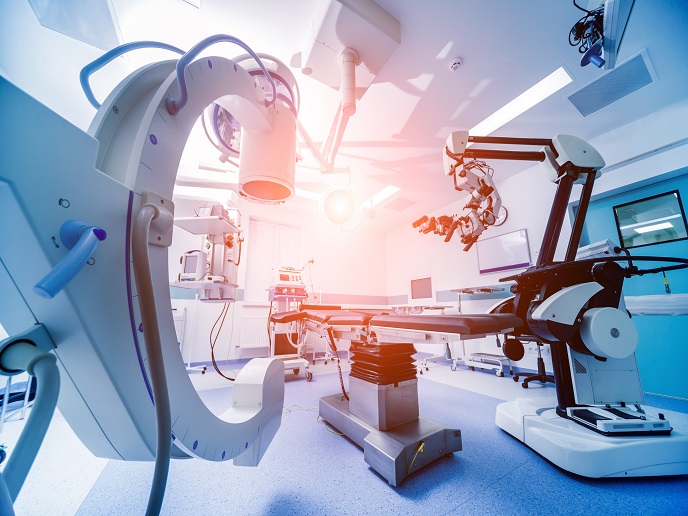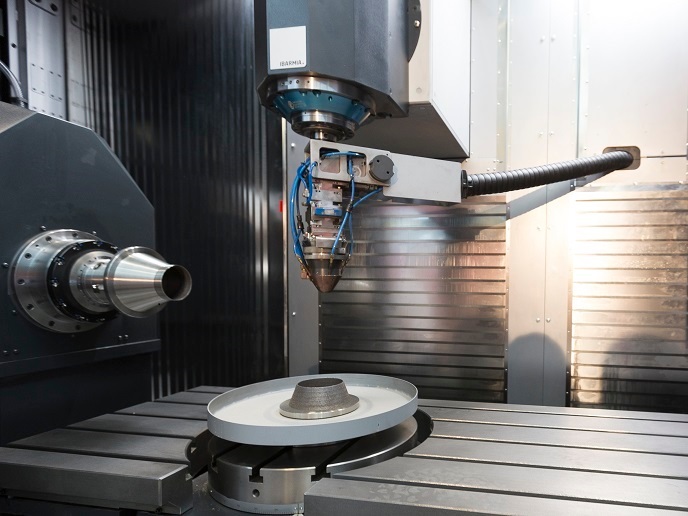Advancing innovation in medical technologies
Medical technology (MedTech) is a thriving industry in Europe. SMEs in this sector provide over 650 000 jobs and create a trade surplus of over EUR 14 billion. Achieving regulatory approval for new medical devices can be a complex and lengthy process, requiring rigorous clinical testing. In 2021, the European Union’s Medical Devices Regulation (MDR) entered into force, replacing the Medical Devices Directive, requiring further documentation and testing for both new and legacy medical devices. While improving safety and regulatory alignment, the new rules have increased the time and costs necessary to bring new devices to market, resulting in the unintended consequence of SMEs addressing other global markets before Europe. “Overall, the MedTech SME industry in Europe is struggling with the transition to the new Medical Devices Regulation with its increased requirements in documentation and testing, as well as with the consequences from the COVID-19 pandemic,” explains Ulrich Froriep, deputy division director of Translational Biomedical Engineering at the Fraunhofer Institute for Toxicology and Experimental Medicine and MDOT (Medical Device Obligations Taskforce) project coordinator. In the EU-funded MDOT project, researchers created a new open innovation network and data platform to support Europe’s SMEs in acquiring regulatory approval for new products. MDOT was set up to help speed up SMEs’ compliance with the new regulations, while enhancing the quality of medical devices. “In a nutshell, the goal of MDOT is to upgrade test bed facilities and enable knowledge of regulatory requirements, and to develop suitable test methods to prevent loss of innovation and economic strength of MedTech in Europe,” Froriep adds.
A focal point for medical regulation
MDOT offers a single entry point for MedTech companies aiming to bring new devices to market, especially in the fields of inhalation and implants. Through the MDOT platform, businesses have access to a network of specialised partners and research institutes across Europe, clinical evaluation experts, test bed facilities and regulatory advice to help them through the entire process. “We address the MedTech value chain from all relevant angles,” says Froriep. For example, in the field of inhalative drug delivery, some MDOT partners are working to develop new devices specifically targeting preterm babies. This can enable a much more precise and efficient treatment for one of the most vulnerable patient groups, while at the same time reducing the waste of drugs. A new technology developed by one MDOT partner was tested with a co-developed test stand with a second partner, while clinical testing will take place with a third partner, all accompanied by regulatory advice. Thanks to the success of the process, the MDOT team is considering creating a start-up company to commercialise the technology.
Creating a medical support network
The MDOT project also developed a data platform to generate and locate medical data, including extensive libraries of material properties, relevant medical literature, and regulatory affairs knowledge from Europe and around the world. This resource will continue to be expanded and used by companies hoping to secure regulatory approval for their products. “One of the biggest challenges in the Open Innovation Test Bed initiative is finding a way to become sustainable beyond the project and forming a single entry point,” remarks Froriep. “After many iterations, including very different models and external input, we have finally found a way that can work.”
Keywords
MDOT, medical, technology, regulatory, approval, testing, business







